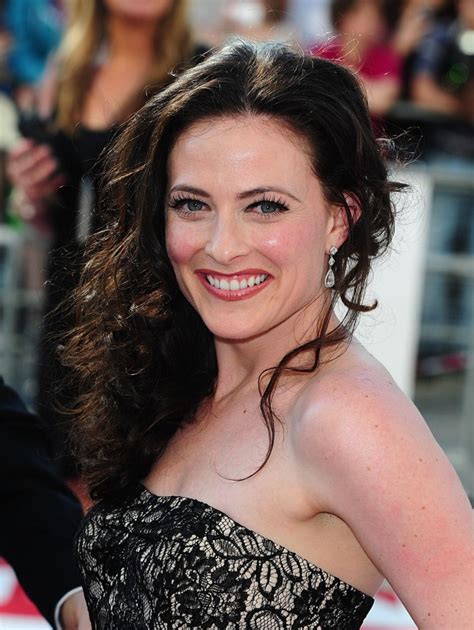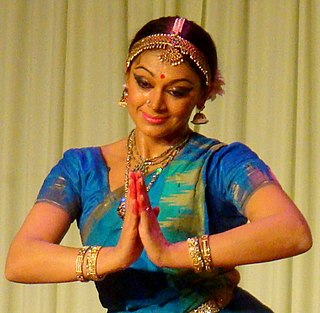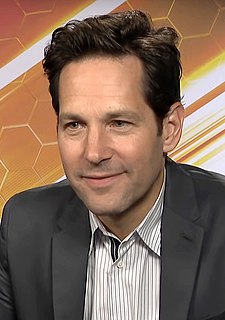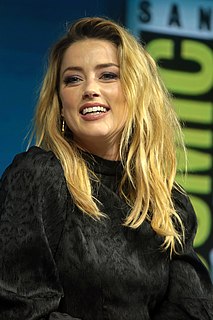A Quote by Lara Pulver
I'm so bored of reading scripts with these wonderfully complex male roles, yet the woman character just sits on the bed waiting for him to come home.
Related Quotes
When you're younger, you get scripts that you are too young for and now I'm getting scripts, which I think, "I'm too old for this character." They can always shift things around to make it work and make the ages work. But I'm definitely getting more complex and interesting roles and less what you would expect. So I can experiment more and have a bit more freedom when I'm putting things on tape.
In novels you're able to occupy character's internal thoughts and it's really hard to do in a film or a TV show. When you're reading a character's thoughts or when it's in first person, you're reading kind of their own story, so you have the opportunity to see what makes that character complex or complicated. And to me that's what the whole point of fiction is.
I get a stack of scripts, like, once a month, and most of the time, you find these placeholder girls that are there to provide a bounce for the male character. So we know he's funny because she's serious and she's mad at him. We know he's strong because she needs saving. So really, her job is to validate this personality trait of our hero or male.



































